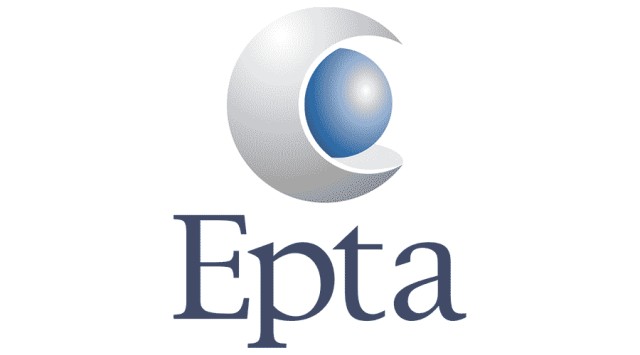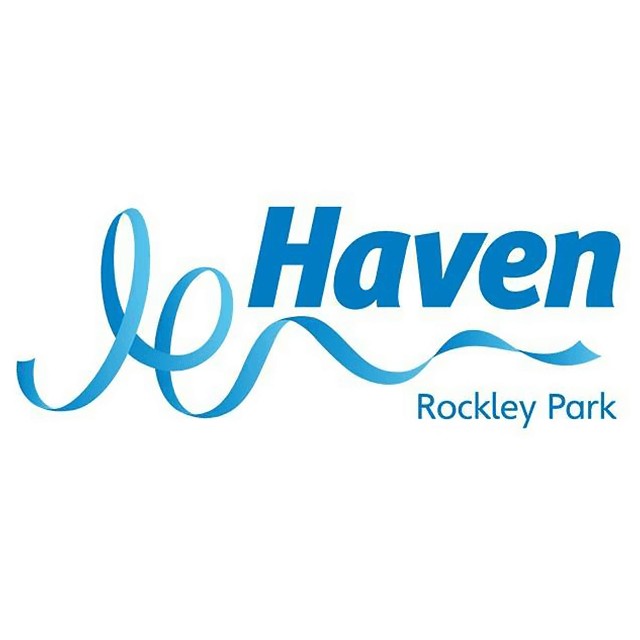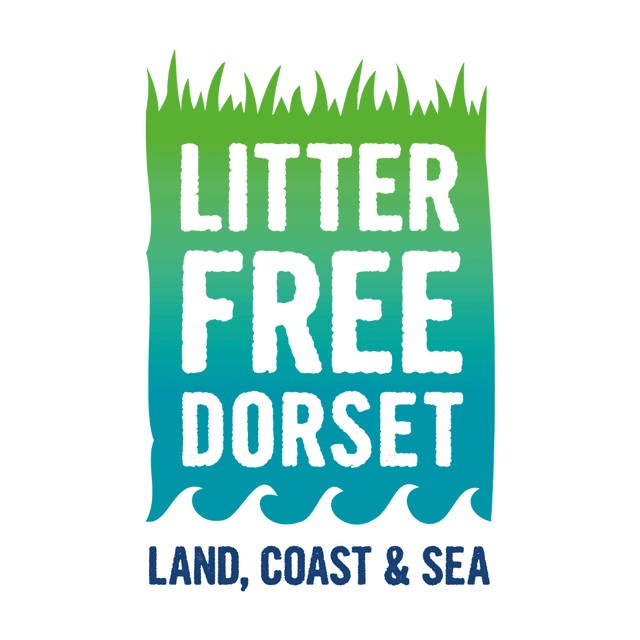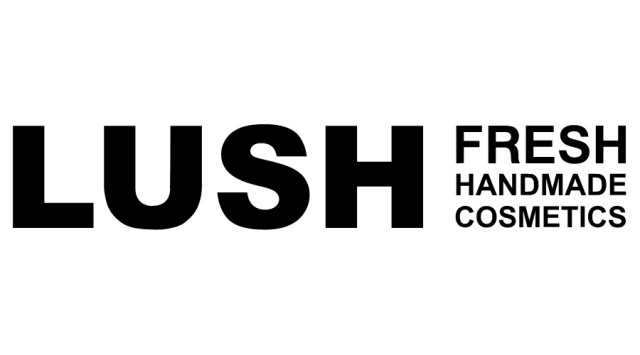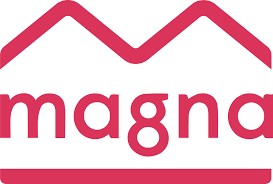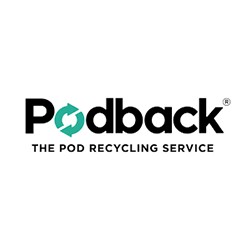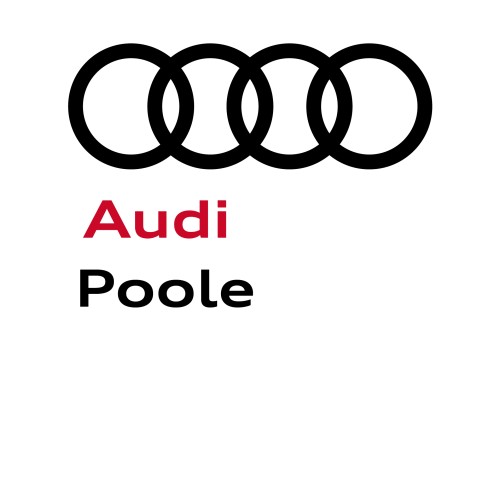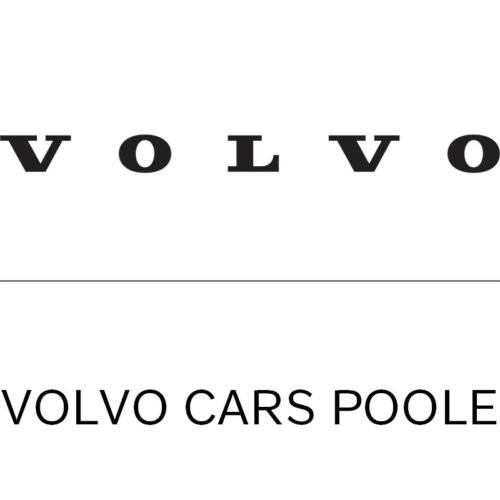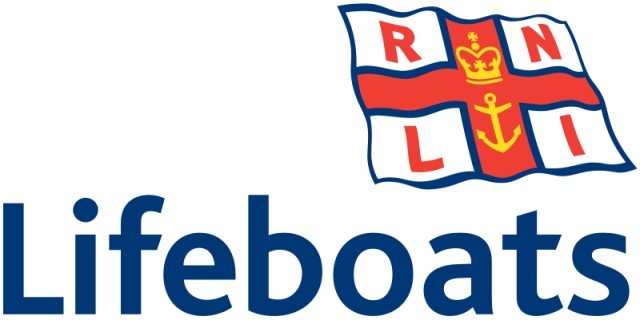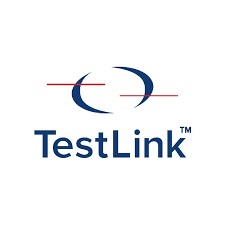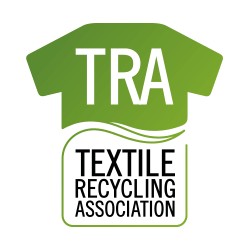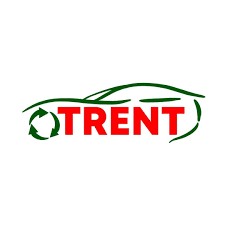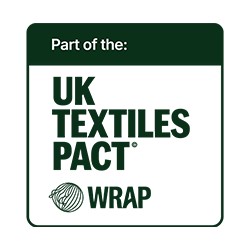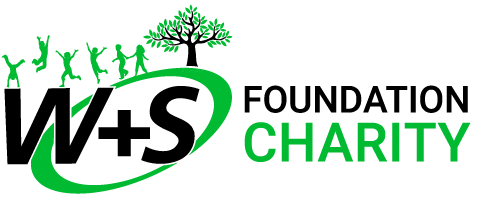Celebrated on 18th March, Global Recycling Day is a day dedicated to raising awareness of the many benefits recycling has on our planet, health, and future.
If we make a conscious effort to recycle items we would normally throw away, we can make a significant impact on the health of our planet and our own lives. Recycling plays a key role in:
Recycling’s a big deal for us here at W&S Recycling (the clue’s in the name), and we think it should be a big deal for everyone else too. That’s why we’ve put together a list of our favourite recycling facts! Read on to discover 3 facts you may not know about recycling, its history, and how it’s changed over time.
A lot of people think recycling is a modern invention, but its roots stretch back millennia – the first recorded use of recycled paper was in 9th century Japan!
Of course, recycling back then was very different to what we have now. Modern-day recycling became widespread in the 1970s, and the process has only continued to evolve since then. New sustainability initiatives (such as the plastic straw ban) are brought into force every year, and have proven hugely effective – for example, the 5p single-use plastic bag charge introduced in 2015 is thought to have cut down plastic bag usage by 97%!
Plastic is a notorious polluter. Not only does its production release tonnes of harmful chemicals into the atmosphere, but it can take up to 500 years to biodegrade, putting ocean life at serious risk. By 2050, it’s predicted that the amount of plastic in the Earth’s oceans will exceed the mass of all the fish that live there.
Fortunately, more and more companies are recognising the harm plastic packaging has on the world around us. In an effort to reduce their environmental impact, major companies like LEGO and Zara are switching to packaging made from renewable or recycled materials – and with dozens of businesses following suit, it’s a trend that shows no sign of stopping.
Okay, not literally. But so-called ‘zombie’ batteries really can be dangerous, and that’s down to the chemical reactions inside of them.
If a battery is sent to a standard recycling facility, it could be crushed in the waste and recycling process. The combination of zinc, manganese, potassium, and graphite inside can react to this by self-combusting, sparking a fire that can spread to the dry and combustible materials nearby.
It’s a major problem: in 2022, over 700 fires in waste trucks and sites were caused by batteries that hadn’t been safely removed from electricals. That’s why it’s so important to make sure your Waste, Electrical, and Electronic Equipment (WEEE) is recycled responsibly. Read our handy guide to find out how!
Looking to play your part towards a cleaner, greener future? Recycling is one of the best actions you can take.
Established in 1988, W&S Recycling are the South’s leading recycling specialists. We’re fully licensed to recycle both residential and commercial waste, and have sites all across the South – discover your closest facility here!
We can recycle a variety of waste types, including:
If you’re unsure about the rules behind recycling, or want to learn more about our mixed and specialised recycling services, don’t hesitate to reach out. We’re more than happy to answer your questions and recommend the most cost-effective solution to your waste recycling and disposal needs.
Get in touch online or call us on 01202 675564 today!





